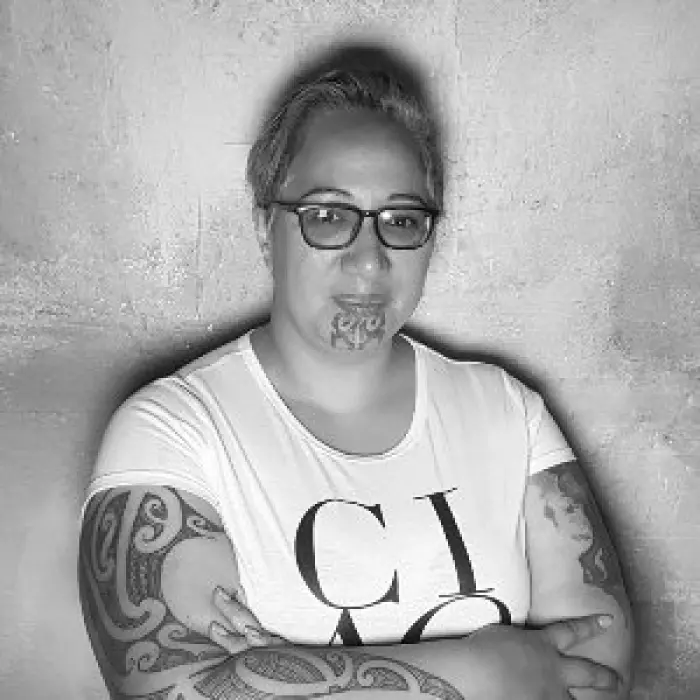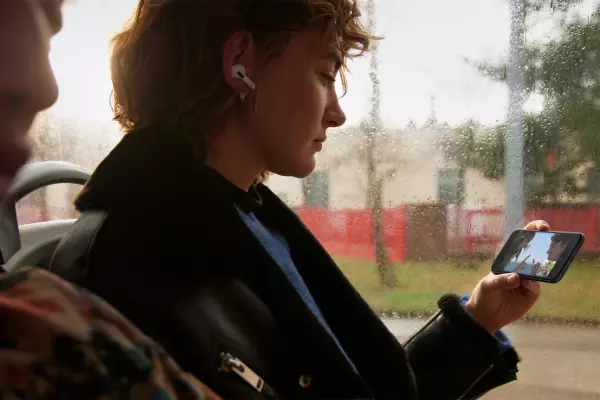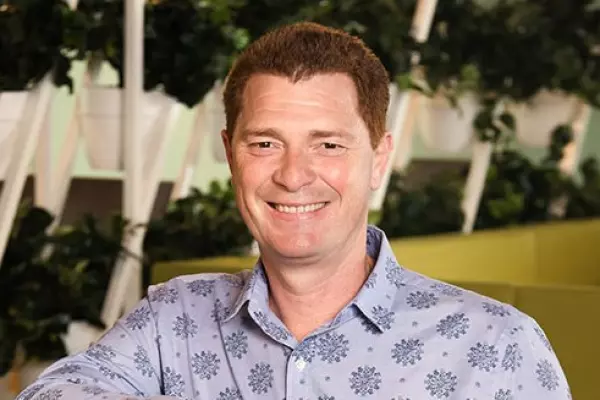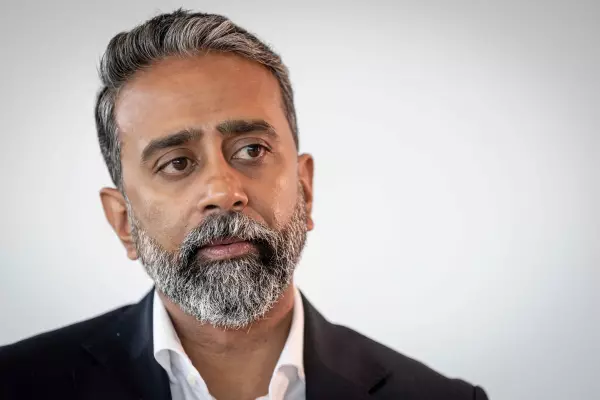Two InternetNZ council members have resigned claiming the organisation refuses to acknowledge “systematic racism” within its membership.
Amber Craig and Hīria Te Rangi, the co-founder and Kaiwhakahaere (chief executive) respectively of home health sensor charity Whare Hauora, have both quit the "guardian of the .nz domain" and policy group, and publicly explained their InternetNZ resignations online.
The newly elected president Joy Liddicoat acknowledges there is a problem and says members are having “vigorous” discussions about solutions.
But those who have resigned say the problem runs deep.
“InternetNZ believes non-Māori can fix issues that are only experienced by Māori. It’s like they refuse to see the trauma that we go through,” Te Rangi told BusinessDesk.
“They’ve never experienced it themselves ... it starts to be about theoretical, at arm’s length, events that happen to other people.
“They still think that they can make decisions around it, even though they don’t understand the problem.”
Te Rangi said she has received online threats in recent weeks as she campaigned to be council president.
She said it is the attitude of the membership, which stands at 430 as of March 31 2021, that is the root of the issues within InternetNZ.
InternetNZ was founded in 1995 as a non-profit organisation that aims to improve the openness and use of the internet in New Zealand. It also runs and sells the .nz domain names.
Anyone can sign up to be a member for $21 per year, and members elect the council, of which there are usually eleven members.
But Te Rangi said the membership does not want to advertise to seek new members.
“Because it was so long ago [the founding], they are predominately Pākehā in tech … I don’t think there were any Māori or any, you know, minority communities associated at that time and so it’s just continued to be like that.
“It’s like the old boys' club.”
Craig posted a blog on June 28 after her resignation explaining why she resigned from the council. In it, she copied the email she had sent to all InternetNZ’s members announcing her resignation.
“I know you voted for me and I wanted to serve you the best I could. However, recently the lack of a consensus acknowledgement of systemic racism within the organisation at the council table is unacceptable to me.”
She had been a councillor since 2013, Te Rangi since August 2020.
Craig said InternetNZ had been “a very emotionally draining place”, while Te Rangi said “the membership isn't inclusive of minorities or targeted communities and the membership does not want to be.”
“I resigned because I can not let my mana be used to tick the "we consulted Māori box" to validate strategies and policies that I know will lead to harm for Māori,” Te Rangi wrote in a Twitter thread after her departure.
Te Rangi told BusinessDesk Craig had resigned in the wake of InternetNZ’s alleged inaction when a video inciting violence against Māori was uploaded to YouTube in May. Its existence was widely reported in NZ media.
She said she sent emails to InternetNZ council members that said, “with all your resource and all your wahine mau moko are being threatened with death in their homes, why are you not helping us?
“And it was complete silence from council.”
She said in the end it took action from Māori in tech and advocacy groups to have them pulled down.
Craig’s blog alleges how she broke down in tears at a council meeting, was “accused of pushing ‘an agenda’”, and was told “it’s not for me to say that” by a Pākehā council member when she “raised that the organisation was systemically racist”.
“There were multiple apologies which to be honest I got sick of. I’m a firm believer that apologies without change is manipulation,” she said.
New leadership

Last week, lawyer and former Human Rights Commissioner Joy Liddicoat (pictured above) was elected InternetNZ president ahead of Te Rangi.
“My response can be seen as totally sour grapes,” Te Rangi said. “I get that, but I'm actually glad I didn't win.”
“We welcome the opportunity to do more work in this area,” Liddicoat told BusinessDesk.
“If you've seen Hiria and Amber’s resignations, you'll see that they've given us a very strong challenge, and one that, you know, I am personally up for meeting.”
Te Rangi said InternetNZ needs “to find Māori and targeted communities that are critical of INZ and give them remit to audit InternetNZ and look [at] areas that are negatively impacting them, publish the report and the findings without changing anything".
“Then in order to be a good Treaty partner, INZ needs to take those recommendations, turn it into a work plan and just do the work. That's all. That's literally it.”
“Like any organisation that’s an incorporated society in New Zealand … we’re founded on some very old British colonial laws,” Liddicoat said.
“The reality is that we are structured under old laws, which inevitably create barriers, and which aren’t modern and fit for purpose."
She said one barrier to change “is to do with membership and the way that it's, it's structured. So, for example, incorporated societies are member-based, we're bound by our constitutions. Many of those, you know, once they’re set, create parameters that are quite strict".
“Inevitably, those, those structures and processes mean that we aren't going to be reflective of ways that Māori are used to working, or the ways that Te Ao Māori would be used.”
She said members are currently having “some very vigorous discussions”.
“It's necessary for us to confront and challenge these things.”
No filter
Craig and Te Rangi helped set up InternetNZ’s Māori design group in May, which has six advisory members.
“By establishing this group, we acknowledge InternetNZ’s history as an organisation grounded in Te Ao Pākehā, and the aspiration of the organisation to establish and maintain connections between Te Ao Māori and Te Ao Pākehā in the context of the Internet, and Te Tiriti o Waitangi,” the group’s terms of reference said.
Te Rangi said she had campaigned for president of InternetNZ promising change within the organisation to address online racism in NZ through education.
“I was clear about what my mandate would be. Diversify the membership and go hard against online hate and racism towards targeted minorities, targeted communities.”
But she acknowledged the organisation is not set up to physically filter content, racist or otherwise, from the internet.
“It can't be a technical thing, because the point of InternetNZ is to have an uncapturable internet,” Te Rangi said.
“The membership is like hardcore old school and so when you start to filter the internet, that means it’s been captured, right? I totally understand that.
“But InternetNZ has strong political power. It's ridiculous considering that they're not a government department at all. And because of where they stand, they also have massive technical power, because they have deep relationships with places like Google, Facebook, YouTube, and so being able to put pressure on both those areas, that is literally what InternetNZ is made for.”
But she also said that InternetNZ does not publicly decry such content.
“It's not that you're telling people what to do. It’s saying you don't want it, that is not a part of your kaupapa, and that's not the internet that we want, and it's not the internet for good and it's not the internet for all.”















